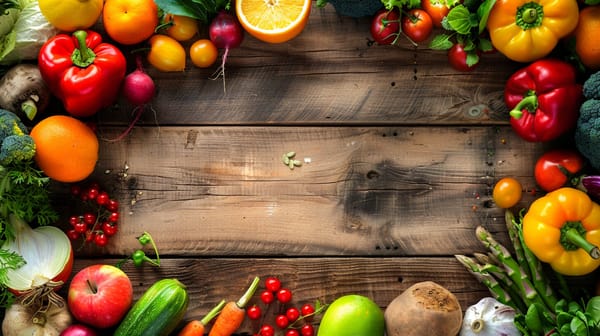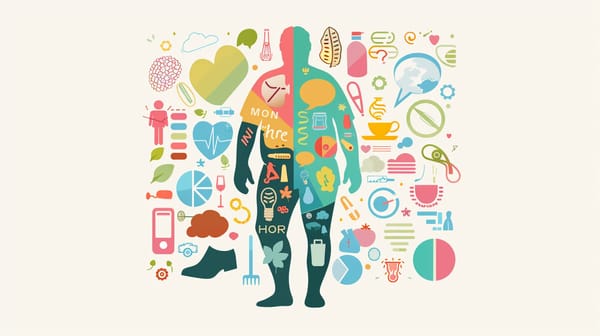Optimize Your Pre-Workout Meal for Maximum Fat Loss

Introduction
When it comes to losing weight, both nutrition and exercise play crucial roles. Striking the right balance between the two can be tricky, especially when considering nutrient timing around workouts. Some experts advocate for eating before exercise to fuel performance, while others suggest fasting to boost fat burning. So, what's the best approach for optimizing fat loss?
The Case for Pre-Workout Nutrition
Eating a small meal or snack before working out can provide several key benefits:
- Improved performance: Having readily available energy from carbohydrates can help you exercise with greater intensity and for a longer duration, ultimately burning more calories.
- Enhanced fat burning: Some studies suggest that eating before exercise may increase the amount of fat burned compared to fasted workouts.
- Reduced fatigue and increased motivation: Heading into a workout well-fueled can help you stay focused and energized, allowing you to give your best effort.
The ideal pre-workout meal should contain easily digestible carbohydrates and a moderate amount of protein. Examples include toast with peanut butter, oatmeal, or a small smoothie.
The Post-Workout Window
While pre-workout nutrition is important, refueling after exercise is also crucial for weight loss and muscle maintenance. Consuming a combination of protein and carbohydrates within 30 minutes to an hour after your workout can:
- Stimulate muscle growth and repair: Protein is essential for rebuilding and growing lean muscle tissue, which can boost your metabolism over time.
- Replenish energy stores: Carbohydrates help replace glycogen (stored energy) that was depleted during exercise, preparing you for your next workout.
However, it's important to be mindful of portion sizes and overall calorie intake. Post-workout meals should fit within your daily calorie goals to avoid hindering weight loss progress.
Finding the Right Balance
Ultimately, the best approach to nutrient timing for weight loss is one that works for you and your lifestyle. Some key points to consider:
- Schedule workouts between meals: Aim to eat a balanced meal 1-2 hours before exercise and refuel with a protein- and carb-rich snack afterward.
- Adjust based on workout intensity: Lighter workouts (under an hour) may not require additional pre- or post-workout fuel, while longer or more intense sessions likely benefit from proper nutrient timing.
- Stay hydrated: Drinking enough water before, during, and after exercise is essential for optimal performance and recovery.
- Track your progress: Use a food and exercise log to monitor your intake, energy levels, and results. Make adjustments as needed to find the right balance for your body and goals.
Conclusion
When it comes to eating before or after a workout for weight loss, a balanced and consistent approach is key. By providing your body with the right nutrients at the right times, you can optimize your exercise performance, support muscle maintenance, and ultimately achieve your fat loss goals. Remember, every individual is unique, so be patient and willing to experiment to discover what works best for you.




